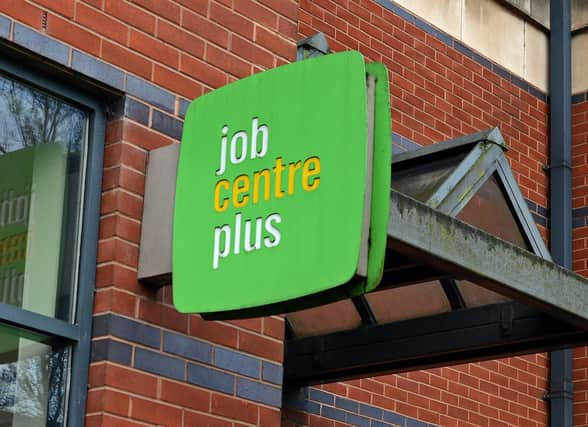Fewer people are referred for mental health help - as fears rise that economic woes will cause problems


The mental health charity Mind has called on the government to go further to tackle the ‘deep and lasting scar on the nation’s mental health’ that an economic recession will bring.
The latest NHS figures show that between April and August this year 3,120 people were referred to the Improving Access to Psychological Therapies (IAPT) service at Solent NHS Trust – 535 fewer than the same period last year.
Advertisement
Hide AdAdvertisement
Hide AdSolent runs mental health services in Portsmouth. Southern Health runs them across the rest of Hampshire and it saw 8,615 people referred this year from April to August, compared to the 10,435 people in 2019 – 1,820 fewer. For both trusts this works out as a 17 per cent drop.
IAPT provides therapy for adults with common problems such as depression and anxiety, but Mind has warned that people have struggled to access face-to-face support this year – particularly during the first lockdown.
Referrals plunged by 53 per cent for Solent and 47 per cent for Southern in April compared to April 2019.
It was the same picture across England, with referrals falling by 57% in April, and down by 29% for April to August as a whole.
Advertisement
Hide AdAdvertisement
Hide AdCharity the Mental Health Foundation has said it fears the effect rising unemployment because of the pandemic will have on the UK’s mental health.
Research led by the charity in May found evidence of ‘serious mental health problems’ developing among unemployed people.
One in five unemployed people surveyed said they had had suicidal thoughts in the past two weeks, while more than a third of people in full-time work were worried about losing their job.
Portsmouth has seen a rise in unemployment during the pandemic – the latest figures, which cover the 12 months to June, show the unemployment rate was at 4.9 per cent. That was up from 4.4 per cent in the 12 months to March.
Advertisement
Hide AdAdvertisement
Hide AdMeanwhile the number of people claiming Universal Credit across the area has more than doubled since February. In Portsmouth, in February there were 9,342 people, which had reached 20,386 people by October, a 118 per cent increase. Fareham, Gosport and Havant all saw increases of more than 100 per cent as well.
Across Great Britain, the number of claimants has almost doubled, from 2.9 million to 5.7 million.
Paul Farmer, Mind chief executive, says the economic recession ‘will leave a deep and lasting scar on our nation’s mental health, given factors such as debt, unemployment and job security are connected to our mental health’.
He welcomed new guidance from the Department for Health and Social Care on ensuring people with mental health problems can continue to access face-to-face support this winter – even in areas with the tightest lockdown restrictions.